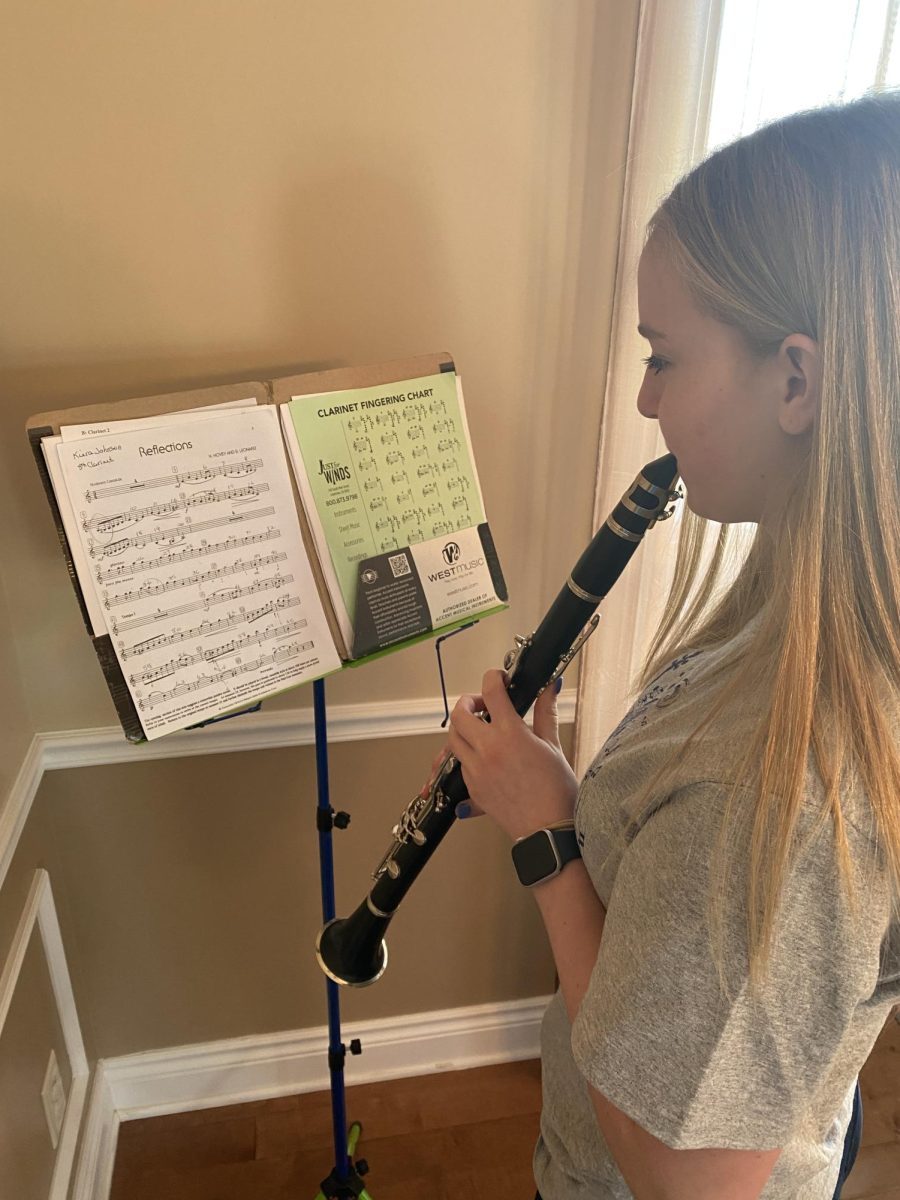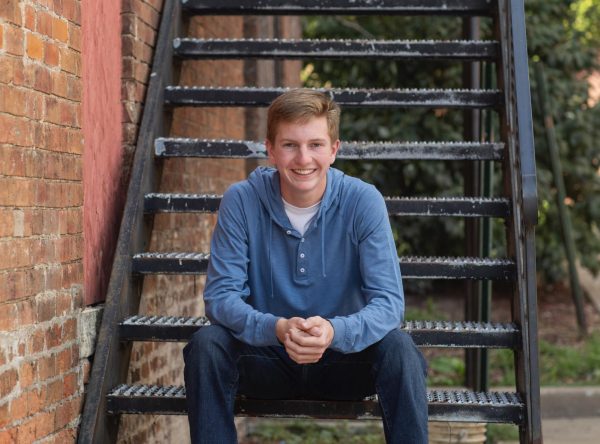Pleasant Valley’s local Solo Festival provides members of the band the opportunity to play individually for guest adjudicators and receive feedback on how to improve as musicians, bolstering PV’s music programs.
Every year, students work with their private lesson teachers to find a solo that challenges their musicianship and highlights areas they need to improve in. Students then work with their teacher to refine their solo to be played for a guest judge in a matter of months.
Common areas of focus tend to surround intonation, rhythm, articulation and several other performance factors. Students are rated in each of these areas on a proficiency scale and given constructive feedback with the sole purpose of improving as musicians.
Pleasant Valley Band Director Brian Kling believes immensely in the importance of Solo Festival, citing the change it brings from students’ traditional lessons.
“Often we play with groups, and our individual sounds become part of something bigger. Solos are opportunities for students to focus on their own playing, skills they want to personally improve on, and a chance to play for and receive personalized feedback from someone other than their lesson teacher,” he said
Solo Festival carries a wide variety of benefits and opportunities for improvement. However, many students also feel it creates unnecessary pressure and performance anxiety. Senior trumpet player Margil Sanchez Carmona speaks to this feeling of apprehension.
“I dread solo fest every year, not because of playing a solo but because I dread playing in front of someone, especially a judge. I’m a generally outgoing person, but performance anxiety is something I’ve always suffered from even in group settings. And the stress of performing alone and being judged on it—it can be a lot sometimes,” he shared.
The event is required for all PV band students and for many takes years before any unease begins to fade. Sanchez Carmona believes his playing abilities have grown as he has become more comfortable playing in front of others since his first solo performance in sixth grade.
“Even though I still get really anxious about playing a solo, I look back at my solos from a couple years ago and I do believe I am at a better place. As much as I may dread solo fest, it’s helped me be a better and overall more confident performer nonetheless—and that’s pretty valuable,” he said.
PV’s local Solo Festival is also seen by many as a stepping stone to the State Solo and Ensemble Festival in April. Open to band, choir and orchestra, this event scores students in a much more official manner, as they may be awarded various ratings.
Contrary to local Solo Festival, State Solo and Ensemble Festival is optional but allows students another chance to perform alone or in a small ensemble group.
Senior clarinetist Aditya Narayan reflected on how the local Solo Festival helped prepare him for this state event. “It provides a valuable trial run which is arguably more important. When I audition for State Solo and Ensemble [Festival], I am much more prepared to play to the best of my abilities,” he said.
Regardless of whether or not students take this opportunity, Kling sees the outweighing benefits in learning a solo and building off of the feedback given to help improve students’ abilities.
“Most students are accepting of the feedback they are given. It is nice when a student recognizes and feels excited about their skills improving, and it is often noticed in the solos they perform, as they become more challenging from year to year,” he said.










Steven Ly • Feb 24, 2024 at 11:51 am
I think solo festival is super beneficial. Even though it can cause students to be very anxious and cause a lot of pressure on students. That pressure can make students a lot better at playing their instruments as they practice playing under pressure. As that will make them more prepared for the state solo. Students like Aditya are example of this.